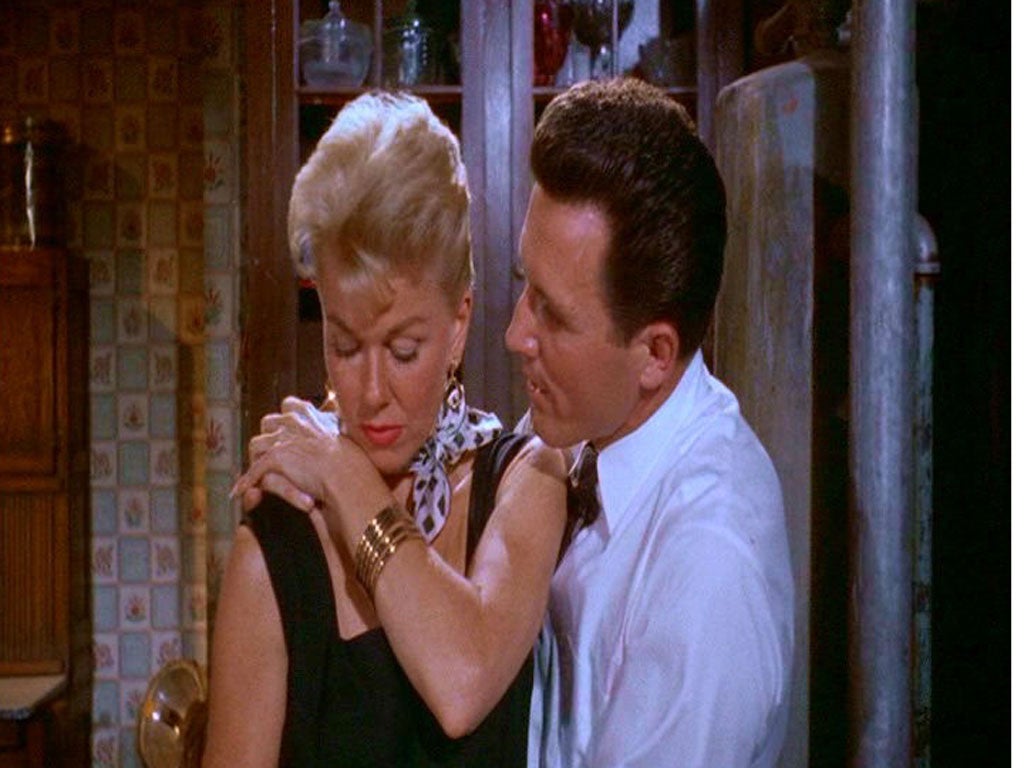Love's big secret? Play hard to get
That's the strategy used by both men and women to test a potential partner's commitment, claims new research

Your support helps us to tell the story
From reproductive rights to climate change to Big Tech, The Independent is on the ground when the story is developing. Whether it's investigating the financials of Elon Musk's pro-Trump PAC or producing our latest documentary, 'The A Word', which shines a light on the American women fighting for reproductive rights, we know how important it is to parse out the facts from the messaging.
At such a critical moment in US history, we need reporters on the ground. Your donation allows us to keep sending journalists to speak to both sides of the story.
The Independent is trusted by Americans across the entire political spectrum. And unlike many other quality news outlets, we choose not to lock Americans out of our reporting and analysis with paywalls. We believe quality journalism should be available to everyone, paid for by those who can afford it.
Your support makes all the difference.Treat them mean, goes the adage, and keep them keen. Now it emerges that such power play – used by men and women – is a sound evolutionary strategy to get a good mate.
According to new research, playing hard to get tests the commitment and quality of any would-be mate. Researchers identified 58 different hard-to-get strategies used, from on/off flirting and being snooty to using voicemail to intercept calls from would-be partners.
"Playing hard to get might be one way that people – women in particular – can test their prospective mate's commitment and to manipulate their prospective mates to obtain what – or whom – they want," said the psychologists who carried out the study. "We revealed that the more unavailable a person is, the more people are willing to invest in them. It seems as though your grandmother's advice might be true – absence may indeed make the heart grow fonder."
In the study, reported in the European Journal of Personality, the researchers carried out four separate projects involving more than 1,500 people, looking at playing hard to get as a mating strategy to see how and why it works. The men and women were quizzed about what tactics they used, how often they employed them, and which strategies were the most effective.
Women used the tactics more than men. That, say the researchers, could be because women are trying to learn more information about a potential mate as they have more to lose in terms of pregnancy. Or it could be because men fear they might lose out on sexual opportunities by overplaying the tactic. "Because a woman risks more in her sexual relationships than men do – pregnancy costs – she should want a mate who has higher value and is unlikely to leave her saddled with an offspring," said the report.
Appearing highly self-confident was the top-ranked tactic, followed by talking to other people and, third, withholding sex. Several tactics were used more by women than men, including sarcasm, withholding sex, sounding busy, teasing, flirting with other people, using the answerphone and turning down the first few dates. Men playing hard to get used only three of the tactics more often than women: "acting snooty or rude"; "saying all the right things but not calling" and "treating others like shit".
The researchers, from the University of Western Sydney and Singapore Management University, said the goal of this behaviour was securing a high-quality mate who was willing to commit.
Phillip Hodson, a fellow of the British Association for Counselling and Psychotherapy and author of Men, An Investigation into the Emotional Male, said, "This study blends traditional thinking with some modern. To get her man in the 1950s movie The Pajama Game, professional virgin Doris Day withholds sex until her underlying contractual demands are met. But psychologists and therapists would call this strategy outdated on the grounds that she'd most likely attract an incompatible mate who would tire of her once the challenge had vanished."
But many still strike such bargains, if only for the short term. As the poet Andrew Marvell wrote: "The grave's a fine and private place, But none, I think, do there embrace."
Join our commenting forum
Join thought-provoking conversations, follow other Independent readers and see their replies
Comments